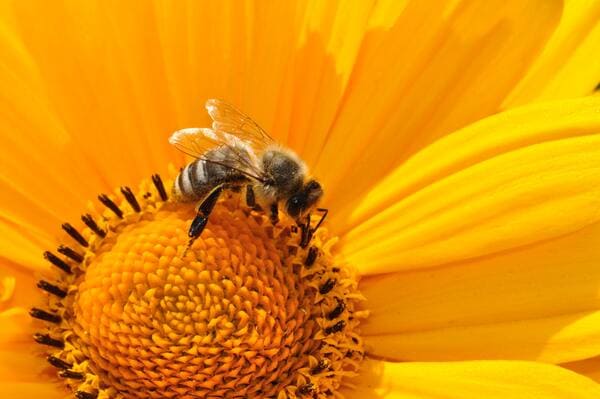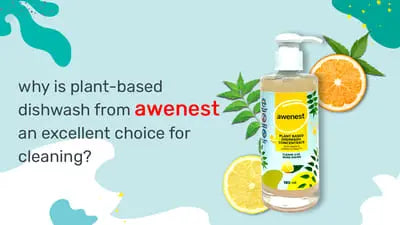Do natural scrubbers and cleaners actually clean oily utensils?
What do you clean your utensils with?
How do you dispose of the cleaner and scrubbers after their usage?
Do you know about the harm they cause to the planet?
These are some crucial questions one should reflect upon for a greener home. The plastic/steel scrubbers and chemical cleaners with which you clean the dirty vessels pollute the water bodies. Not only that, but the possibility of those chemicals being present on your utensils also exists. It’s time we shift to natural alternatives for our health and the planet’s well-being.
If we look back and find out the most effective and oldest cleaning method, wood ash was the most common. Before dishwashing soaps and gels were invented, ash, tamarind, and lemon were used in cleaning utensils. Along with removing the dirt, they also act as a disinfectant. Soap nuts are another alternative used to clean utensils in olden times. In those days, there was no evidence of gels and soaps to clean the utensils.
Why should we make this shift and find more sustainable alternatives?
What happens when you use plastic scrubbers and chemical cleaners?
Let us understand why chemical cleaners and scrubbers are not sustainable alternatives. The impact of their use can broadly be divided into three different aspects -
Air Pollution
Cleaning products contain certain volatile organic compounds. Using the cleaners releases such compounds. They remain in the atmosphere for some time and adversely impact health. Their exposure can cause respiratory problems, headaches and allergic reactions. Some of the harmful chemicals include benzene, phosphates, chlorine and hexane.
Water Pollution
On cleaning the utensils, the water eventually mixes with the larger water bodies. It takes along the chemicals and passes on the pollution to every individual who uses the water of that reservoir. Some such pollutants persist in the environment and become a part of the food chain as the water is used again.
Plastic Waste
The plastic scrubber used to clean the utensils ends up in landfills. During its usage, microplastics are formed with every rub and released into the water bodies. These microplastics harm marine life and enter human bodies when the same water enters the food chain. The presence of chemicals in cleaners makes it impossible to reuse the containers.
What are natural scrubbers & cleaners made of?
Natural scrubbers and cleaners are the best alternatives to get the work done without causing any harm to the environment and human health. Coconut coir scrubbers are equally effective and beneficial for cleaning utensils without leaving any plastic residue and harming the water bodies. Moreover, they can be composted at the end of their usage. Coconut coir scrubbers are anti-bacterial in nature, and thus they keep germs away.
Natural cleaners are made of lemon, tamarind, soap nuts and other similar materials. Not only do they clean the utensils, but keep them free from chemicals. At awenest, we have dish wash bar made of neem, vinegar and lemon. Another dish wash powder is curated from Soapberries, Shikakai, Ash powder and Citrus peels. A variety of cleaning options is available when it comes to organic and natural cleaners.
Do they actually work?
There is no doubt about the impact of natural cleaners after knowing the ingredients used in making them. The anti-bacterial quality of neem and lemon, the acidic nature of tamarind & vinegar, the grease-absorbing ability of ash, and the foam created by soapnuts are enough to get the job done.
It’s a matter of shifting the regular habit of opting the chemical-filled cleaners. Once you try organic cleaners and natural scrubbers, you will realise they are equally effective. However, the harm caused to the environment is much more by using chemical-filled cleaners.
Keep aside the doubt, and give it a try!
We understand the doubt that you might have about using natural alternatives for cleaning, but hey, give it a try. It is made with ingredients used by our ancestors in cleaning utensils. There must be a reason why they used it for such a long time. Also, keeping the planet healthy is the top priority at this stage. So be smart and choose consciously!
Author
brinda shah is a freelance content writer. she is a ca turned into a writer who loves to read, write & meditate. you can connect with her on linkedin and on instagram






